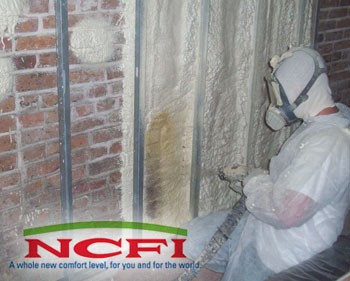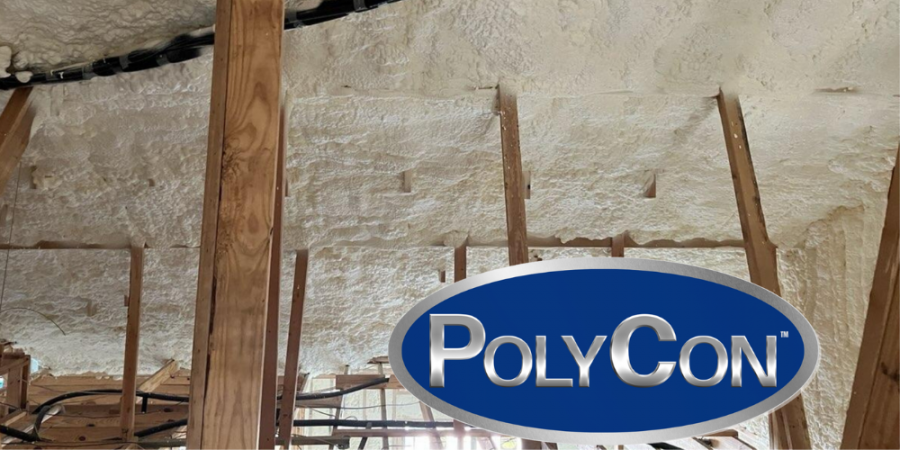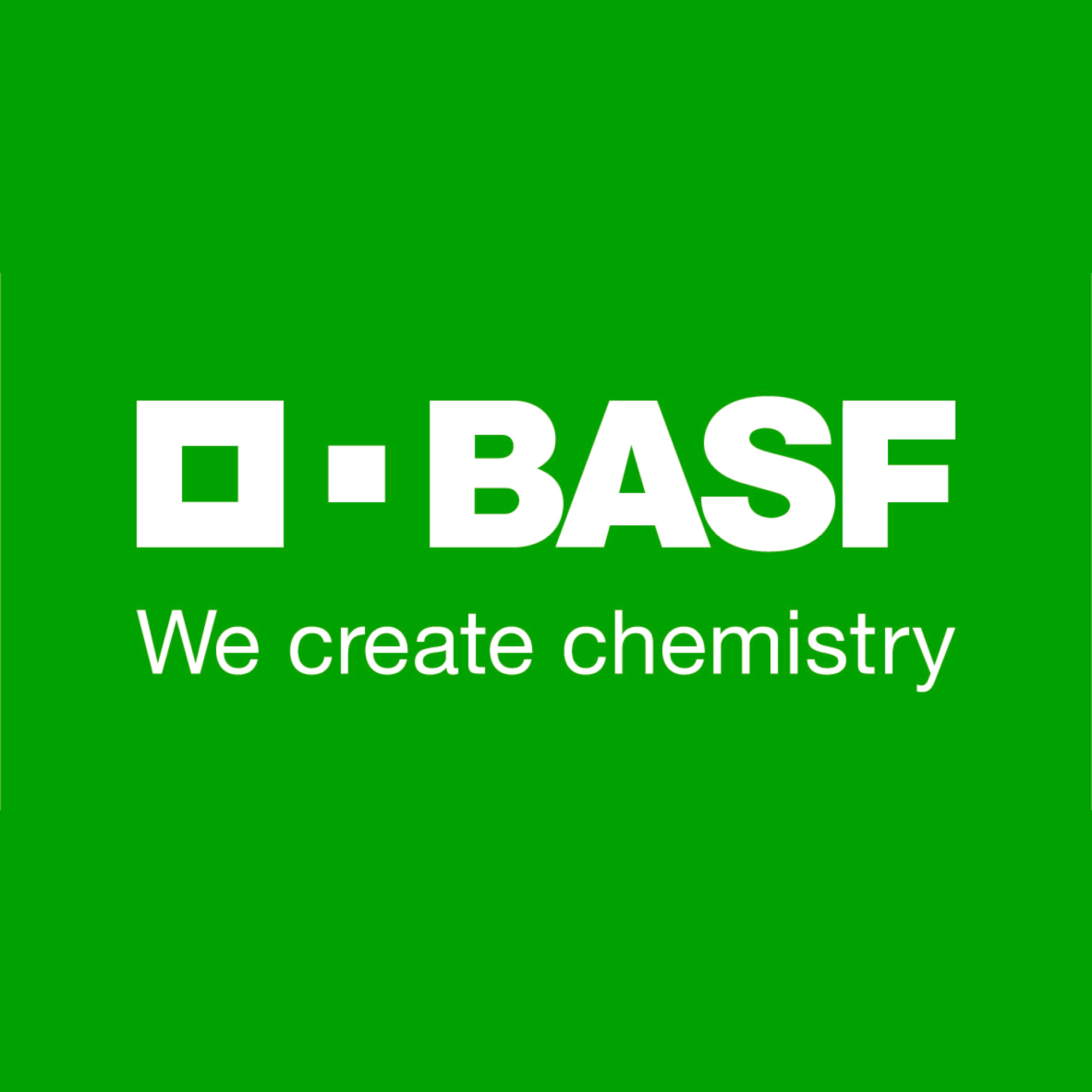Rebuilding New Orleans One Grand Restaurant at a Time with the Help of NCFI Spray Foam Insulation

Mount Airy, NC—After enduring the ruin of Hurricane Katrina, New Orleans may be the only post-devastation city to consider the opening of a new restaurant a milestone of resurrection. But, to the Big Easy, the new downtown restaurant Le Foret is a sign that their unique way of life is continuing. Thanks to forwardthinking owners, an innovative builder and an expert in insulating buildings in the excessive moisture of below sea level venues, Le Foret may spell the future of new New Orleans.
The building, a former 1800s era cigar factory, is located in the Central Business District at the corner of Camp and Common streets—just three blocks off the French Quarter— but, despite its highly visible location, it has been empty since the 1970s. While the restoration and conversion to one of the city’s first post storm, high-end, “grand” restaurants (which opened in October, 2009) is called by Brenda Maitland, food, wine, cocktail and travel writer, in Country Roads magazine, “an extraordinary gift to the city by Le Foret owners, Margaret and Mike Schexnayder,” the building presented numerous challenges, even to the experienced insulation expert, Tobias Torjusen, and his company, Foamman Insulation. “I talked it over with the contractor and we agreed we had to super insulate the entire building. We needed to add structural strength, high R-value, noise abatement, and air and moisture barrier—all in one product. Floors, ceilings, walls—the entire envelope had to be spray foam insulation.”
One of the challenges for the team was simply the age of the building and it had, like most city buildings, been battered by the hurricane’s high winds and water. Torjusen explains, “Bricks and mortar were crumbling, and there were cracks and crevices to fill to prevent air leakage. The application of spray foam was really the only choice, since it quickly expands to fill in the gaps while it conforms to curves and spaces then cures in place. These unique qualities make this spray foam insulation an exceptional restoration tool.”
“Our challenges mounted,” continues Torjusen. “The three story building has many of its original doorways, beams and hardware, going back nearly 200 years, and the owners wanted to preserve as much of that as possible. Also, we were dealing with three working kitchens—on three different floors. Moreover, as in most of New Orleans, this structure is on land below sea level; thus, it is important to keep the building climate controlled, safe and free of moisture.”
But, Torjusen, a Gulfport, MS native, is all too familiar with the challenges of building in the area, and just as familiar with products that work. “We used NCFI’s InsulStar® closed-cell spray foam because it’s the best. We have very high humidity here and up to 70 inches of rain per year, all of which affect the sustainability of the structures and the insulation within. Closed-cell spray foam insulation is a moisture barrier that allows you to stop vapor drives which threaten to cause rot and mildew, which are quite prevalent here in our region.”
Another advantage of the unparalleled, closed-cell insulation is that it also blocks the infiltration of dust, pollen and other airborne pollutants, creating a tight seal around the building and providing a healthier living, working, and dining environment.
One of Torjusen’s favorite parts of the project is the new wine cellar, fully insulated with InsulStar®, “so it will maintain specific and consistent temperature and humidity levels,” crows Torjusen.
To further protect the new restaurant, they used NCFI’s Sealite™ open-cell spray foam insulation between dining rooms, hallways, bathrooms, stairways and kitchens. Since Sealite™ buffers and abates noise in addition to insulating Torjusen and his team installed it between all floors so patrons in each dining room would not hear noises from the dining room above or below. Overall, this interior insulation provides the patrons and restaurant personnel with a more comfortable, intimate experience.
When he began working on the project, Torjusen says he was pleasantly surprised by NCFI’s commitment to him and the project. An NCFI team flew in for the start of the project to make sure things went smoothly and that the insulation was being applied correctly. “I haven’t had that happen with any other spray foam company. We were fully capable of handling things, but when you have someone from the home office show up to support you, it just makes you feel that much better,” notes Torjusen.
Nelson Clark, senior vice president of NCFI, says, “We play as larger a role as our applicators and trade contractors need. We consistently go above and beyond to prove that commitment. Sending in a technical team is the least we can do for Tobias, the owners of Le Foret, and our friends in the city of New Orleans.”
When Le Foret opened its doors and began serving exceptional, traditional New Orleans French cuisine, they did so in a solid and dependable structure. Like other restaurants that have sprung up in New Orleans since Hurricane Katrina, NOLA TOBIAS RELEASE 4 the Le Foret team had much to celebrate. For starters, they are part of rebuilding a vibrant city. NCFI is proud to be part of this endeavor.
“NCFI understands that each building that goes up or is rescued from the forgotten is one more sure step towards a solid future for the people and families of New Orleans,” claims Clark. “We are extremely pleased our products, which are often called the ‘future of sustainable building’, are helping shape the future of the resilient Crescent City.”
Given its tenacity of spirit, it should be no surprise there are more restaurants in New Orleans now than there were pre-Katrina. Good food is part of the city’s culture, and many say it is the very foundation of that culture. Tom Fitzmorris, NOLA native and author of the book, Hungry Town—which describes the triumphant comeback of New Orleans’s food culture and restaurants in the aftermath of Katrina—notes in a recent “City Business” article: “Few parts of New Orleans society did more to comfort people and give them a reason to rebuild . . . Our culture of great eating and drinking is leading us out of disaster into a hopeful new world.” Fitzmorris says of Le Foret in his online food blog, New Orleans Menu, “The restaurant performs at such a high level that it makes me nostalgic to dine there, even though the menu is very much up to date. It's been a long time.”
With Tobias Torjusen and NCFI high-performance spray foam insulation, the new New Orleans may look a lot like the old one, only safer, stronger, and healthier.
###
For more information, or to arrange an interview on this subject contact:
Dale McGlothlin (202) 341-8615
dm@seachangeglobal.com
About NCFI
NCFI was organized in 1964 by research chemist, Dr. H. W. Bradley and Barnhardt Manufacturing Company. NCFI is headquartered in Mt. Airy, NC and manufactures polyurethane foam chemical systems for spray foam-in-place insulation (SPF), roofing, marine floatation, packaging, specialty molding, and many other uses. The company also offers a complete line of flexible foams for furniture seating, transportation seating, bedding, carpet underlay, and packaging. NCFI has manufacturing plants in High Point and Hickory, N.C., Dalton, GA., and Salt Lake City, UT. To learn more about NCFI please visit www.NCFI.com.
Disqus website name not provided.










































